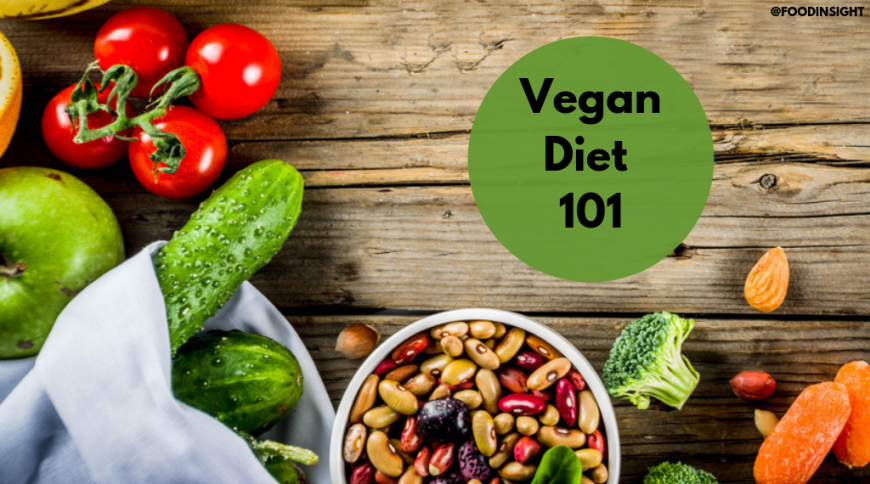- The amino acid balance of egg protein is almost perfect to meet human requirements. This means eggs are the best source of protein on the planet.
- Egg-white omelettes are off the menu! Egg yolks out-muscle egg whites in any competition, despite being lower in protein. Egg yolk contains more calcium, iron, zinc, selenium, phosphorus, copper, manganese, vitamin B1, vitamin B5, folate and vitamin B12 than egg white, and contains all of the egg’s vitamin A, vitamin D, vitamin E, vitamin K and healthy fats. Eat the whole egg as nature intended. Salvage the yolks when you make pavlova!
- As a whole, eggs are a complete food. They provide a broad range of nutrients all packaged up with only 70 calories, 6 grams of protein and 5 grams of fat.
- Brain-boosting benefits. Choline, vitamin B12 and omega 3 (depending on the hen’s diet) are brain food. This is a superfood for a mother-to-be and her baby, to nourish a developing brain.
- Eggs contain 2 antioxidants and carotenoids, lutein and zeaxanthin, which may support eye health and help to protect the eyes against cataracts and macular degeneration.
- The proteins and good fats in eggs are eggstremely satiating, help us feel fuller for longer, and reduce appetite.
- Eggs are versatile and can be eaten for breakfast, lunch, dinner and snacks.
- “If there’s an egg in the house, there’s a meal in the house.”
- They are nature’s finest convenience food, taking only a few minutes to cook. If you’re thinking two-minute noodles, think eggs instead.
- An affordable way to get high quality protein and a dose of essential nutrients (vitamins and minerals).
- Easily accessible by people around the world. Eggs aren’t crazily expensive, hard to pronounce, or only from the Amazonian rainforest.
- Eggs are one of the most nutrient-dense foods in the world and in my top 10 ‘healthiest’ foods. Nutrient density is described as the concentration of nutrients per 100 calories, 100 grams of food, or serving size of food. The equation is: health = nutrients/calories.

What about my cholesterol levels?!
Eggs are one of the richest food sources in cholesterol, but they do not adversely affect your own blood cholesterol (in most people).
They may raise HDL (‘good’) cholesterol and total cholesterol, but not LDL (‘bad’) cholesterol. Thereby, improving our cholesterol ratio of good to bad, which is considered more important than total cholesterol levels. The ratio is often overlooked in favour of total cholesterol. The total does not take into account the breakdown of ‘good’ (HDL) and ‘bad’ (LDL). If your total cholesterol is high but your HDL is very high, there is usually nothing to worry about.
One egg has 212mg of cholesterol and the recommended daily intake is 300mg. Do not be alarmed by this. Cholesterol in our diet does not have a great effect on cholesterol in our blood.
Believe it or not, our liver makes 80% of our body’s cholesterol and only 20% comes from the food we eat (the good old 80/20 rule). In the majority of people, when you eat more cholesterol, your body makes less, and when you eat less cholesterol your body makes more.
30% of people are the eggception! These are the ‘hyper-responders’. Eggs can mildly raise their total and LDL cholesterol. Plus those with familial hypercholesterolaemia or a gene mutation need to limit eggs and there is not much they can do about it.
Consult with a health professional to have your cholesterol levels checked if you have any concerns.
Check out my Blog: Cholesterol ~ Lower Naturally
How many is too many?
Enjoy up to 4 eggs a day, with an average of 1 to 2 per day.
There is no limit on eggs, as long as you are eating them alongside a varied diet. The only eggception (had to put it in there!) is if you are in the 30% of hyper-responders (the rebels), have a family history of high cholesterol, or a genetic disorder.
What’s the difference between organic, free-range and cage?
Organic animals must be fed strictly organic food, and they cannot be given growth hormones or routine antibiotics. They need to be able to roam, graze freely and must be treated well.
Free-range chickens eat their natural diet of plants, seeds, earthworms and insects. They are omnivores, insects are an important part of their diet. Organic and free-range hens produce eggs naturally higher in omega 3 and lower in omega 6. On-the-other-hand, cage eggs are lower in omega 3 and higher in omega 6, due to their grain-based diet.
Cage/battery eggs are produced from poorly fed, cage-bound hens. These eggs are lower in omega 3 because their diet is less diverse and limited to corn, grains and soy (sometimes genetically modified). ‘Corn-fed’ is not an advantage because the corn may still be genetically modified. Humans are also omnivores (well most of us are). Imagine if we lived on a genetically modified corn and soy alone for the rest of our lives, how malnourished we would be?!
Cage/battery hens also rely on antibiotics to survive. Antibiotics are used to keep the hens alive (disease-free) in a confined space. Eggs can contain traces of antibiotics – just like what a human mother eats gets passed down to the baby. The use of growth hormones is banned in NZ, but are still used in other countries including the US.

Organic and free-range eggs are simply eggcellent (enough of the egg yolks now!).
Your Nutrition Mentor,




